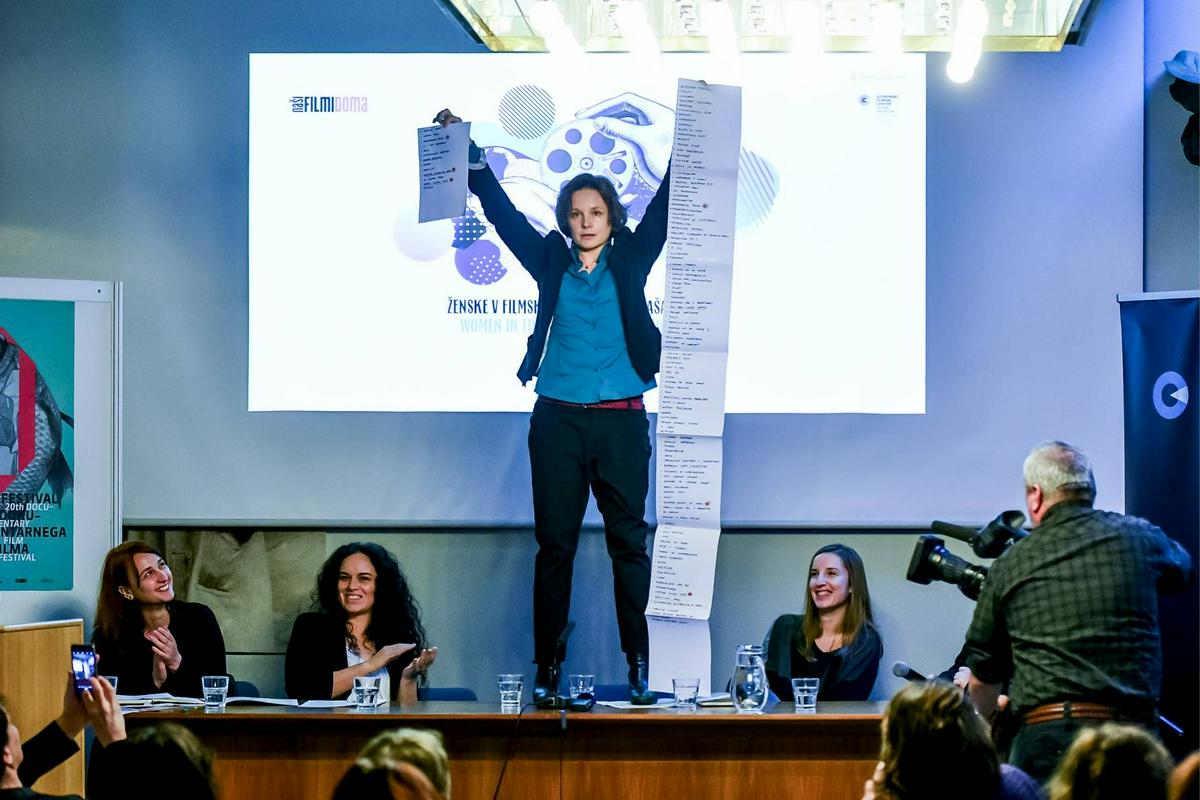These are the results of a study prepared by the Slovenian Film Centre (SFC) in cooperation with researcher Niko Gričar. The study shows that the Slovenian film industry is almost completely in men's hands. Female directors have their signatures under only eight feature films backed by the national film programme, two full-length experimental films and one documentary.
According to the study, in the 2011-2017 period the share of supported feature films by female directors fell from 11 to 8 percent compared to the 1995-2010 period. In the years 2011, 2012, 2016 and 2017 there were no supported feature films directed by females (note: the figure does not include debut feature films). When it comes to debut feature films the ratio is a bit better: in the 2011-2017 period there were 11 supported feature films directed by men and 4 by women.
One cannot overlook the fact that female directors were also less successful in winning tenders for feature films and the development of screenplays. At the same time, according to the SFC, women were relatively successful in winning tenders for debut films and audio-visual works. The Slovenian Film Centre adds that in the 2011-2017 period, around one-third of all the graduates of the Academy of Theatre, Radio, Film and Television were women. There are also that many (32%) self-employed female professionals in the field of culture with a film director status.
It's a question of social equality in general
According to film director Hanna Slak the question of gender equality in the audio-visual sector is of key importance for social equality in general. At a public debate she said that although the number of male and female graduates from film schools is roughly the same, and even though public finances are generated from taxes collected from all citizens regardless of gender, only one fifth of the public finances - the main source of financing of audio-visual content in Europe - is allocated to projects proposed by women. "As a result, one half of the talents whose education has been invested in are lost; the competition is not diverse enough; the contents remain monolithic; and the same pattern of interpreting society keeps being repeated."


































































